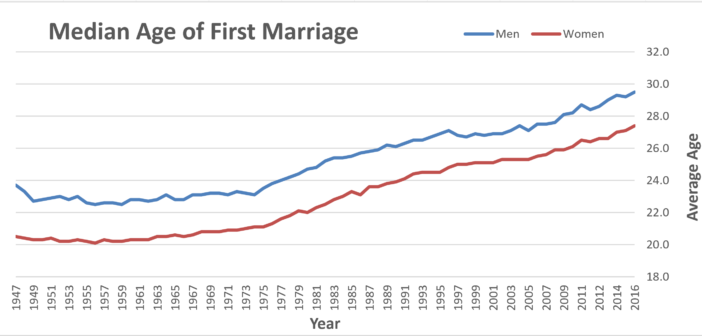Whether single or in a relationship Feb. 14, its next to impossible to escape the popular romantic holiday and its traditions.
At Lehigh, many students choose not to be in a committed relationship and will spend this Valentine’s Day single. For many, the opportunity to be single allows them to pursue own interests and their studies during their four years on campus.
Although no one quite knows the exact origin of the heart-filled holiday, it is believed to have originated in Ancient Rome. According to history.com, February has historically been a month devoted to the celebration of romance, and the Valentine’s Day celebrated today contains elements reminiscent of both Christian and ancient Roman traditions.
The celebration first began as a pagan festival, Lupercalia, with took place in the middle of February.
Since then, Valentine’s Day has served as a huge day for business. According to the History Channel, an average of $14 billion is spent on the annual holiday as loved ones exchange cards, candies, jewels, flowers and gifts with their valentine. Approximately 180 million red roses and 36 million heart-shaped candy boxes are exchanged, according to the History Channel. While this holiday serves as a large source of revenue for businesses, the number of unmarried women in America is rising, leaving many single and without a valentine this Feb. 14.
Rebecca Traister is a writer and media commentator on women in politics. She is the author of “All the Single Ladies: Unmarried Women and the Rise of an Independent nation.” Traister was scheduled to talk to Lehigh students about the decline in marriages and rising average age of marriage in the United States on Thursday in Baker Hall, but the event will be rescheduled for later in the semester due to weather complications.
Danielle Lindemann, an assistant professor of sociology, has done research on the changing culture around marriage, and last semester, she held research colloquiums revealing her findings about the changing culture of marriage in the United States.
Lindemann said the majority of Americans still get married at some point, however, she noted that this culture has been changing.
“What people view as being common and acceptable now is different from what it was 100 or even 30 years ago,” Lindemann said. “Changing gender roles certainly play a part in it. With more women receiving college and advanced degrees and entering the workforce in greater numbers, they may be more likely to delay marriage in favor of receiving an education and establishing a career first.”
Additionally, having children later in life is becoming more common, negating the pressure to get married out of high school and start a family.
Many people still get married because of the associated social and economic rewards. For example, Lindemann said tax breaks and social respect are two explanations for why marriage is still occurring.
“It’s also an institution that’s been in place for so long, and it’s what people know, and even as it changes, or as fewer people enter into it, it’s still going to have a major presence in American life,” Lindemann said.
There is still a stigma associated with being single even though society is growing and adapting to these cultural changes.
Allie Gleich, ’20, chose to come to Lehigh single to further enhance her college experience where she has the opportunity to start fresh and meet new people.
“Being single doesn’t bother me because I like to do my own thing, and there is no one to hold me back,” Gleich said.
Grant Cummings, ’19, is also single, not because of lack of opportunity but rather by choice.
“I have a lot going on in my life at the current moment and can’t fit settling down into my schedule” Cummings said.
He hopes he will find the time before graduate school to find someone to settle down with.
Some Lehigh students do plan on committing to relationships with a significant other. A relationship requires effort from both parties, Greg Gamble, ’20, said. He said when he finds the right person he will surely be able to settle down.






Comment policy
Comments posted to The Brown and White website are reviewed by a moderator before being approved. Incendiary speech or harassing language, including comments targeted at individuals, may be deemed unacceptable and not published. Spam and other soliciting will also be declined.
The Brown and White also reserves the right to not publish entirely anonymous comments.